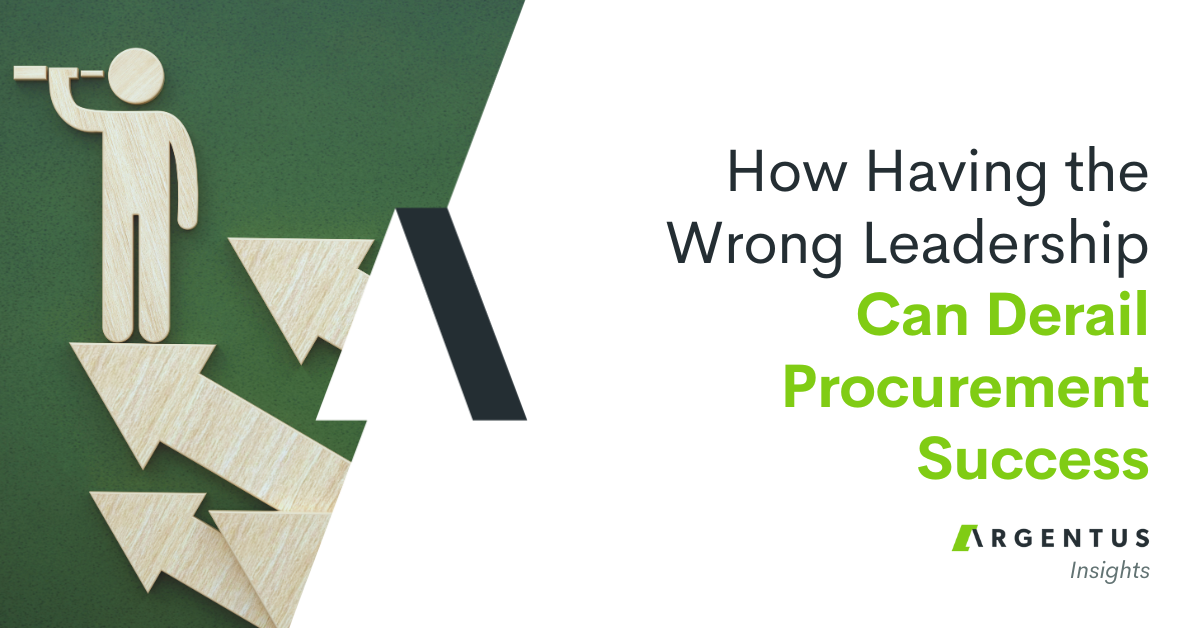Lately, some of the more interesting conversations that I’ve had with supply chain leaders and innovators have centered on Integrated Business Planning (IBP). This is a model that has been put forward and heavily promoted by the Oliver Wight consultancy in recent months. I’ve heard these three letters uttered with everything from reverence to dismissive indifference. What is it and who should care?
Like many people in Supply Chain who are familiar with the basics of IBP, I tend to see it as an extension of Sales & Operations Planning (S&OP), but I may be off the mark with this line of thought. In a recent discussion with a Canadian Supply Chain leader, I suggested that IBP was the natural evolution of S&OP. He disagreed and had some interesting insights based on his global implementation of IBP and the disparate results within various branches of his company.
It turns out that the best results were achieved when ownership of the implementation process was handled by people outside of the supply chain group. In this executive’s experience, the finance group was doing a much better job of streamlining operations and getting the buy-in from internal stakeholders across multiple functions. And this made me reconsider my understanding of IBP and what it can achieve for an organization.
Despite the potentially misconstrued relationship between S&OP and IBP, I think a comparison of sorts makes sense. After all, the principle behind both is the same – greater communication within functional groups in order to align these groups with the company’s goals. There are often conflicts between the goals of the departments of a large organization that lead to inefficiencies and both of these disciplines – S&OP and IBP – attempt to eliminate these conflicts and increase efficiency.
S&OP is inherently a supply chain discipline and is intensely focused on accuracy: accurate sales forecasts to create accurate production plans to create accurate supply plans to increase efficiency and reduce waste across the end-to-end supply chain. That sounds great, doesn’t it? Let’s eliminate discrepancies that can so easily occur between the push and pull of sales and operations. Fantastic.
On the other hand, the goal of IBP is to align all functional units with an organization to the overall business strategy – at least that’s how I understand it. But isn’t that just an extension of S&OP? After all, on the Oliver Wight website they state that “Integrated Business Planning can most simply be described as advanced S&OP.”
Maybe I’m just stubborn, but even after careful reflection, I do see IBP as a kind of evolution of S&OP, however, thanks to the insights I’ve gained through my network here at Argentus Supply Chain Recruiting, I do concede that it breaks away from S&OP in a few key areas. Here’s a comparison: the small foot bridge, as a structure, certainly preceded and led to the creation of the modern suspension bridge, but they are very different things when implemented on those different scales. There might not quite be that much of a gap between S&OP and IBP, but I’m sure you get my point.
Let’s circle back to the insight that I described earlier: that an international CPG company implementing IBP in multiple countries/business units saw greater success when ownership of the process was given to the finance group – not the supply chain group. It’s important to note here that the supply chain groups already had a mature S&OP process in place. How could this be?
To go back to my bridge analogy: the supply chain group built a very sturdy and useful footbridge (S&OP). When it came time to build a the suspension bridge (IBP) a greater skill set was required to plan and build the more complex structure. Two very different perspectives were required. S&OP is centered on multidisciplinary collaboration and consensus within the supply chain group, whereas IBP focuses on multidisciplinary collaboration and consensus across an entire organization. S&OP’s bridge gets us across one gap and then IBP leads us across an even wider gap.
Just like physical structures, processes do not always scale easily. I don’t mean to suggest here that supply chain professionals aren’t capable of managing IBP implementations, but they aren’t necessarily the best people for the job if they don’t also possess a broader understanding of their company’s organization and functional structure. Whereas, I imagine that the finance groups who so successfully managed their IBP implementations had the advantage of a broader organizational understanding, given that their function touches on every aspect of the company, and that they were able to draw on a wealth of expertise from the supply chain group as it related to their piece of the greater puzzle. (Supply chain professionals are a knowledgeable and passionate bunch, after all.)
This by no means sums up the fundamentals and potential benefits of IBP – I wouldn’t attempt that – but I hope that it inspires some interesting conversations much like the one that planted the seed of this blog post.
What are your thoughts?
— Ivan Larcombe




0 Comments